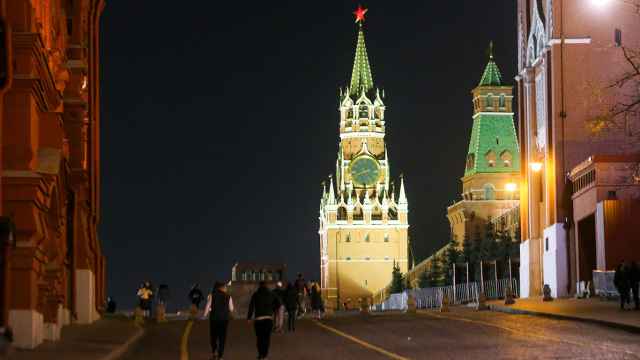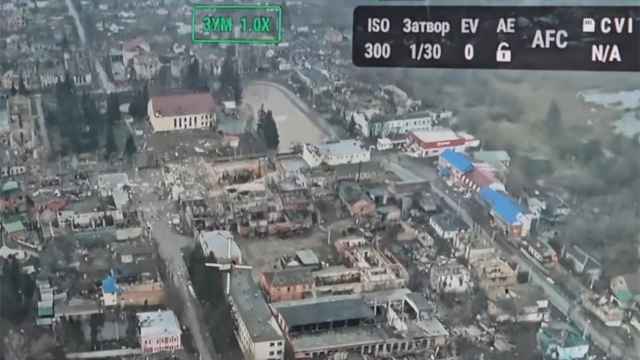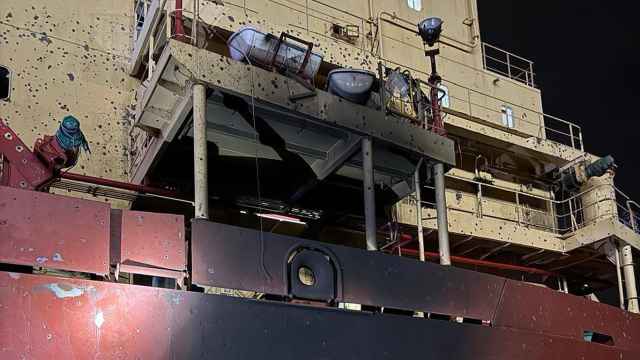
Andrey Shpak
Partner
Goltsblat BLP
The Supreme Arbitration Court in Ruling No. BAC-2087/11 dated March 4, 2011, has upheld lower-level courts in permitting the upward adjustment of intra-group iron-ore concentrate prices at a Mechel mining subsidiary —Korshunovsky GOK — supplied to the group's trading company.
Traditionally, most transfer pricing cases have been won by companies, due both to the allowable 20 percent "safe-harbor" deviation from the market price, as well as the fact that the courts historically placed the burden of proof concerning claims of transfer pricing breaches on tax authorities who had to follow a strict and difficult procedure in the Tax Code. This means tax authorities have been losing about 75 to 80 percent of cases.
However, in the above ruling the Supreme Arbitration Court supported the lower courts in their determination that courts should not be bound by methods listed in the Tax Code, and that they may accept any other method the courts find justifiable. The courts also determined that unless the company provided proof that the tax authorities' methods used to arrive at an estimate of the market price for transfer pricing purposes is incorrect (which the court determined that Mechel failed to do), it is free to deem the calculations made by the tax authorities to be accurate, even where methods listed in the Tax Code have not been strictly followed.
If this approach is followed by other courts, it may mean that Russian companies now need to place a lot more emphasis on justifying intra-group transfer prices, even under existing transfer pricing legislation. Therefore, companies are strongly advised to revisit their current approaches to supporting transfer prices within Russia. In some cases, supporting documentation may now become a "must" rather than "nice-to-have."
Revision of the R&D Expense Deductibility Rules in Russia
The State Duma has just adopted amended rules on profit tax deductibility of research and development expenditures.
Most of the law's provisions come into effect on Jan. 1, 2012, while a few of them apply from June 8, 2011, or retrospectively.
The major change is that the taxpayer will have the right to deduct R&D costs regardless of its success in the period when R&D was completed — previously, such costs were to be deducted in equal installments over the year following completion of the relevant R&D.
R&D in the areas included in a special government-approved list continues to be entitled to deduction at a multiple of 1.5. However, to benefit from this rule now, the taxpayer will need to submit to the tax authorities a special report on completed R&D.
The law does not make clear whether the current government-approved R&D list is to be modified. Currently, the R&D list includes work in the following areas:
- Bio-information technologies
- Bio-catalytic, bio-synthetic and bio-sensor technologies
- Cellular technologies
- Nanotechnologies and nanomaterials
- Nuclear power, nuclear fuel cycle technologies, etc.
The amendments entitle the taxpayer to choose how to book costs incurred in acquiring, as a result of R&D, the exclusive rights to intellectual property recognized as intangible assets. The taxpayer may either depreciate these costs in the usual manner or deduct them as other costs over a period of two years.
The law also allows the taxpayer to set up reserves for future R&D costs, booking the relevant allocations as other costs on the last date of the tax reporting period. If such a reserve is, indeed, set up, the taxpayer books all current R&D costs against the given reserve.
The new law also introduced more comprehensive tax accounting rules for R&D and also clarifies some of the related definitions.
Apart from tax treatment of R&D costs, the new law also introduces exemption from withholding tax in sales of shares in Russian companies in which real estate in Russia accounts for more than 50 percent of their assets, and as long as their shares are traded on the Russian organized securities market.
A Message from The Moscow Times:
Dear readers,
We are facing unprecedented challenges. Russia's Prosecutor General's Office has designated The Moscow Times as an "undesirable" organization, criminalizing our work and putting our staff at risk of prosecution. This follows our earlier unjust labeling as a "foreign agent."
These actions are direct attempts to silence independent journalism in Russia. The authorities claim our work "discredits the decisions of the Russian leadership." We see things differently: we strive to provide accurate, unbiased reporting on Russia.
We, the journalists of The Moscow Times, refuse to be silenced. But to continue our work, we need your help.
Your support, no matter how small, makes a world of difference. If you can, please support us monthly starting from just $2. It's quick to set up, and every contribution makes a significant impact.
By supporting The Moscow Times, you're defending open, independent journalism in the face of repression. Thank you for standing with us.
Remind me later.





